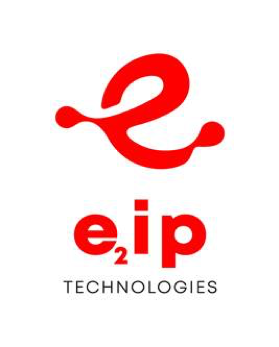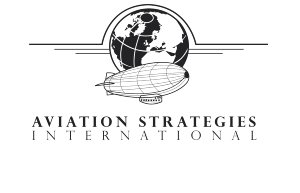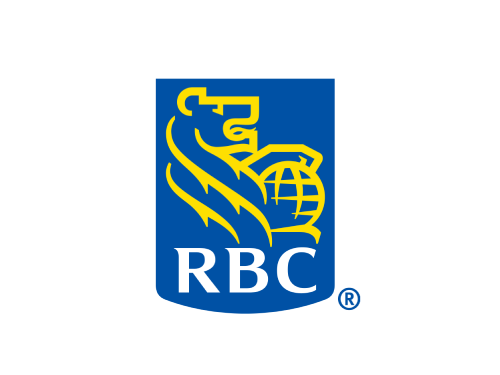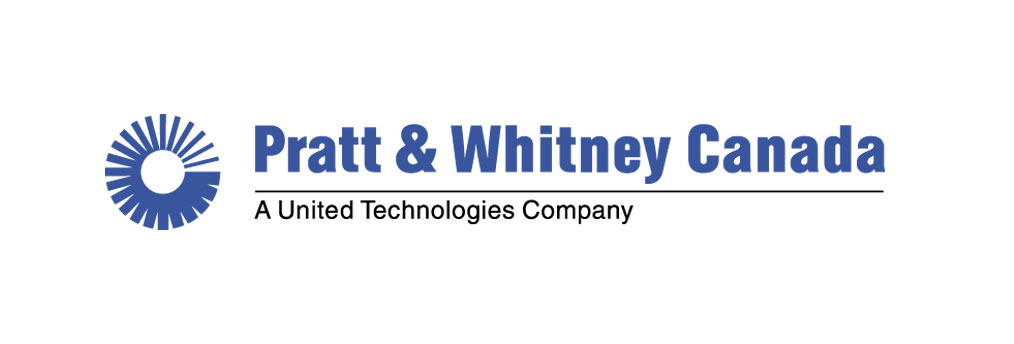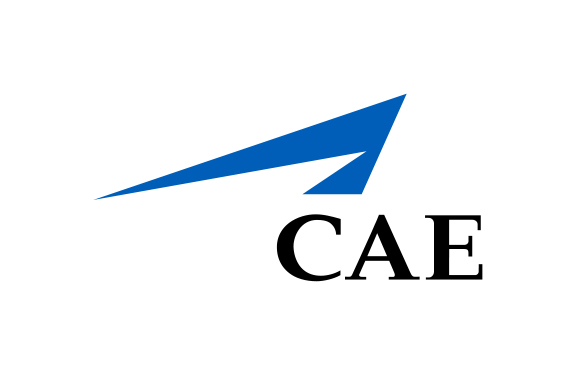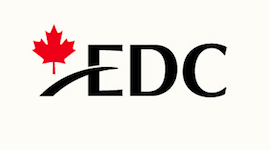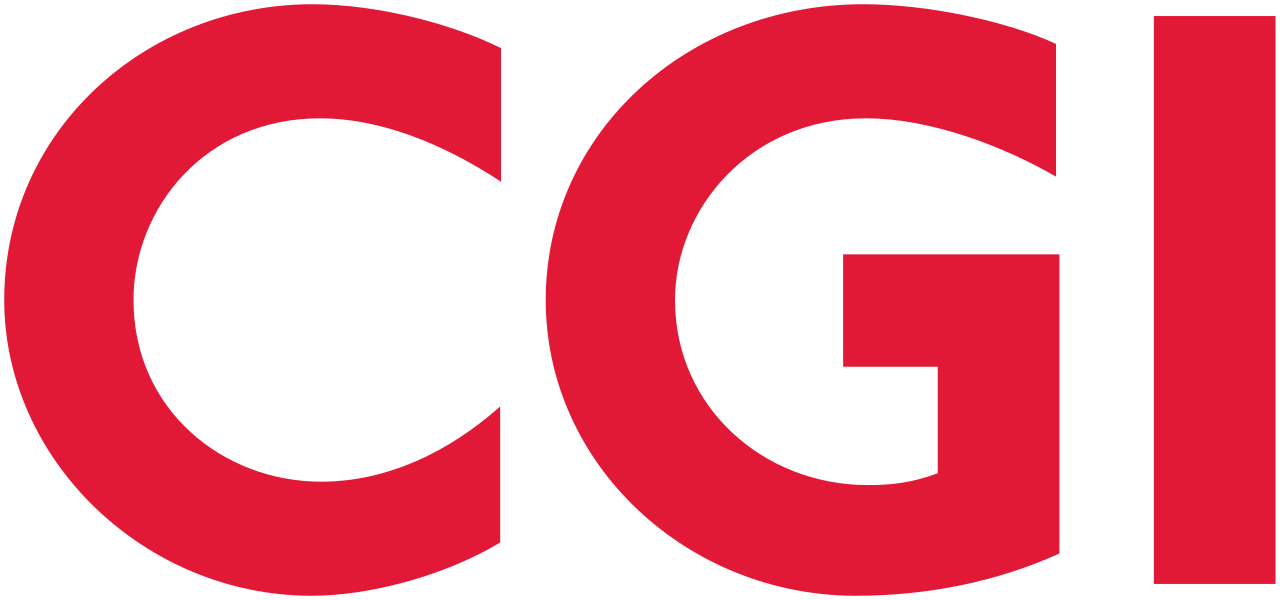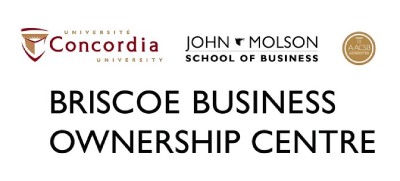Problem solved
MBA Case study competitions test the brightest and the best, says Steve Coomber

After a long, difficult week of management lectures and tutorials, most MBA students look forward to unwinding at the weekend. For a select few, however, there is no relaxing but a trip to another business school, often to another country, to attend an event that pits MBA student against MBA student and business school against business school – the case competition.
Case study competitions are a long-standing MBA tradition. Some are national, others international. Some take place over a weekend, others are more of a marathon, like the John Molson MBA International Case Competition (ICC), at the John Molson School of Business (JMSB), Concordia University, Canada, which is hosted over five days.
Regardless of format, the fundamental proposition remains the same: students are given a business problem based on a real company – the case – and have a limited time to come up with a solution and pitch it to a panel of judges.
Many students still believe that the benefits on offer make it worth taking on the additional stresses of the case competition. For a start, there is the sense of achievement if you make the team. “The selection process at our school is pretty rigorous,” says Peter Vogopoulos, a member of this year’s JMSB team. “You need to write a letter of intent, submit a CV along with your grades and pass an audition. Only ten people are selected from the whole programme and only four make the team.”
Students also value the learning experience the contests provide. “The case competition provides the opportunity to apply classroom knowledge to real-life business problems in a challenging and professional environment,” says Rina Maarit Albala, an MBA student at JMSB and an organiser of the 2009 John Molson ICC. “The students demonstrate their ability to think on their feet.”
Despite a busy competition schedule, there is still plenty of time to socialise. “It is a great networking opportunity,” says Luca de Agostini, a former student of IESE Business School in Spain, who has participated in and helped to organise the Roland Berger IESE ICC. “We have students from the top business schools in the world coming to the IESE campus and meeting one another.”
In the IESE competition, successful participants often get summer internship offers. The sponsoring companies also view the event as a chance to meet some future staff. “The competition allows us to get in touch with potential new employees in a relaxed environment,” says Per Breuer, a partner and head of global HR at Roland Berger Strategy Consultants, who sponsor the IESE ICC.
In March this year, a team of four MBAs from London Business School finished third in the International Tech Strategy Business Case Competition, hosted by Boston University School of Management and sponsored by Ericsson.
For London MBA student René Plug it was a rewarding end to a gruelling 48 hours. “You go there without any preparation,” says Plug, now working in London for the Parthenon Group, a business consulting firm. “You get your case brief, then have 24 hours to look for the core problem that they are trying to present to you and come up with a solution.”


